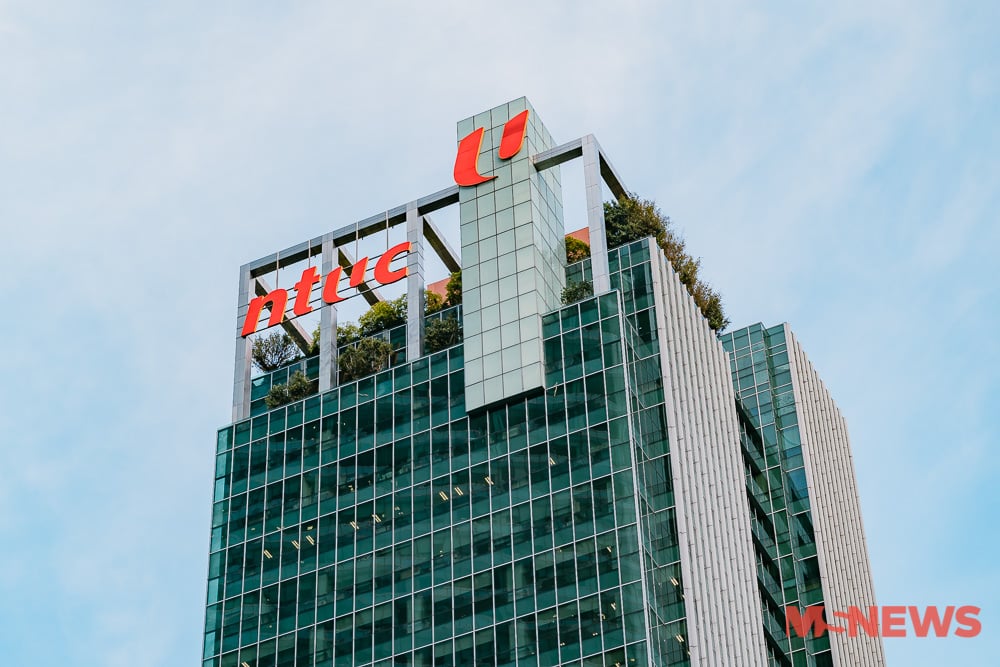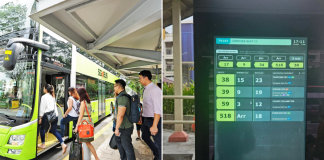NTUC Enterprise and Income Insurance rebut former CEO’s criticism
NTUC Enterprise (NE) and Income Insurance are once again defending the Income-Allianz deal to its critics.
The deal has faced major opposition in the country since it was first unveiled on 17 July.
In a joint statement released on Sunday (4 Aug), NE and Income Insurance refuted the criticisms made by Mr Tan Suee Chieh, former CEO of NE and NTUC Income.
On Friday (2 Aug), Mr Tan wrote an open letter asking government regulators to review the Income-Allianz deal. He raised three main issues that would demonstrate “why our regulators should not approve the sale”.
He added that NE is selling a majority stake in Income Insurance despite their assurances to remain as a majority stakeholder.
Par value vs market value
Mr Tan asserted that NE was allowed to purchase NTUC Income’s shares at a par value of S$10 per share, which is much lower than the market value, because of their commitment to the social values that NTUC Income represented.
He said that because of this, NE’s stake in the co-operative increased from 30% to 70% during 2015-2020.
In response, NE and Income Insurance explained that shareholders could only purchase NTUC Income’s shares at par value since it had been a co-operative.
Co-operative shares are not traded in the open market and do not have a market value.
All institutional and ordinary shareholders enter and exit co-operatives at the par value of S$10 per share.
Prioritisation of minority shareholders’ interests
How is NE going to account to the minorty shareholders for NE’s substantial windfall which was previously justified on the basis of its commitment to hold on to those shares permanently?
Continuing his criticism, Mr Tan questioned how NE is going to explain the large amount of profit they will earn from this transaction to the minority shareholders.
In response to this, the joint statement from NE and Income Insurance reiterated that minority shareholders will have priority in tendering their shares before NE if authorities approve the deal.
The joint statement also went on to explain the substantial profits that minority shareholders can receive through the deal.
When NTUC Income was corporatised in 2022, Income Insurance converted minority shareholders’ shares on a 1-on-1 basis.
Corporatisation therefore unlocked the full value of the shares, which was no longer capped at par value.
Allianz offered to purchase each share at $40.58 per share. According to the joint statement, this offers minority shareholders the chance to earn annualised returns that are 3.3 to 28 times their original investment.
Integrity of NTUC Enterprise

Like the other critics, Mr Tan challenged Income Insurance’s commitment to its social obligations.
Allianz is a for-profit commercial insurance company, and critics have questioned its willingness to provide affordable insurance.
Mr Tan said in his open letter that NE has given assurances that it would remain as the majority stakeholder after NTUC Income’s corporatisation. He called NE’s acceptance of Allianz’s deal a “disconcerting departure” from that commitment.
In response, the joint statement explained that the commitment has always been subjected to the interests of Income Insurance.
It said that Income Insurance needs “capital resilience” to provide affordable insurance and that Singapore’s insurance market has become much more competitive than when NTUC Income was founded.
By bringing Allianz on board, Income Insurance can become an insurance powerhouse with financial sustainability, the statement added.
Also read: Tommy Koh challenges NTUC Enterprise’s explanation, says he’s ‘not convinced’
Tommy Koh challenges NTUC Enterprise’s explanation, says he’s ‘not convinced’
Have news you must share? Get in touch with us via email at news@mustsharenews.com.
Featured image adapted from Mr Tan Suee Chieh’s Facebook and Google Maps.








